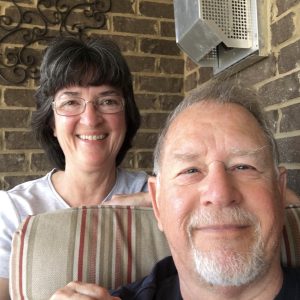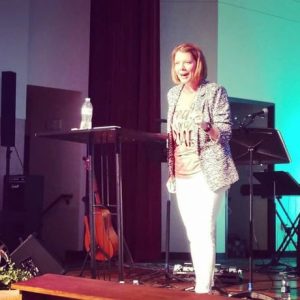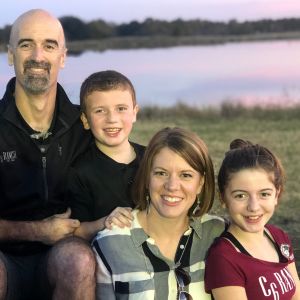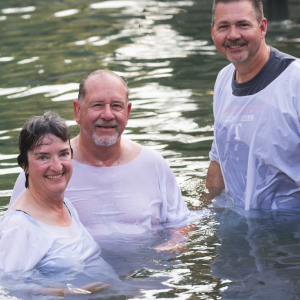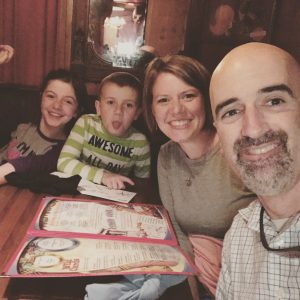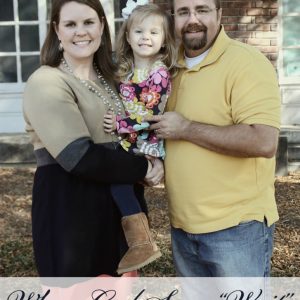Self-awareness can be an essential tool in sanctification (becoming more like Jesus), but it can quickly turn into a self-centric exercise that has little to do with Jesus and a lot to do with well, self, depending on how we approach it.
It can be tempting (in an effort to avoid self-centeredness) to avoid seeking a greater awareness of the deeper intricacies we find within ourselves. However, based on what I read from Scripture, that would be a mistake.
In Scripture, story after story points to God questioning people about their motives or actions. It isn’t because God doesn’t know but because He wants to help us realize (awareness) of what’s going on below the surface–in our hearts and minds. We can’t surrender what we don’t first acknowledge.
I recently read the story of Elijah’s journey into the wilderness immediately following the mighty move of God when He sent fire down from heaven. Elijah ran away and, in what I can only be described as a full-blown meltdown, dramatically exclaimed to God, “I have had enough!” (1 Kings 19:4)
After unraveling before God with emotional complaints, Elijah fell asleep (check out 1 Kings 19). When he awoke and had a snack, God asked Elijah, “What are you doing here?” (1 Kings 19:9)
Here is why I paused when I read the question God posed to Elijah:
what. are. you. doing. here?
First, God knows EVERYTHING. (Hello, omniscient!) There is no way God was asking for information. He already knew WHY.
Second, God was presenting Elijah with an exercise in self-awareness. God listened to Elijah’s words but wanted to take Elijah from the surface of the words he spoke to a deeper understanding of why he had run away to the wilderness and melted down.
Third, what kindness on God’s part to see past the words Elijah railed at Him to his heart. God patiently walked Elijah through a process of seeing past the complaints to discovering God’s presence in his life. God wanted to restore and redeem, but He wanted Elijah to experience the fullness of all God could do–not just in his circumstances but in his heart.
Self-awareness is a tool God wants to use not to shame you but to help you. Self-awareness should never be an exercise of puffing oneself up. It should always be an exercise in humility–a reminder of our dependence and need for the grace Jesus offered us on the cross.
Self-awareness should lead us to confess areas of our lives where there is pride, self-sufficiency, and a desire to build our own kingdom instead of God’s Kingdom. Self-awareness should always lead us to repentance and worship for the kindness and patience of Jesus.
Self-awareness may mean calling out giftings and skills God has entrusted you with to bring glory to His name.
Above all, self-awareness should be an ongoing discipline in our lives that invites God to present questions to our hearts, making us aware of hidden things we may not be mindful of but hold the promise to make us more effective vessels for His use.


